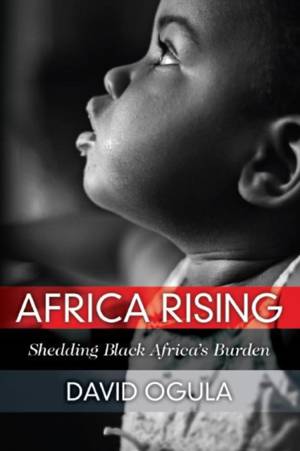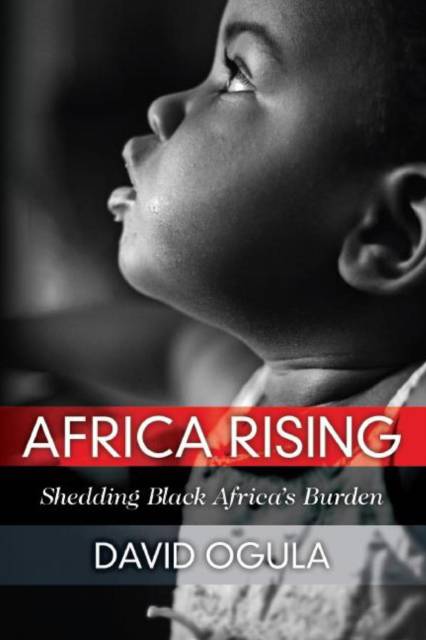
- Retrait gratuit dans votre magasin Club
- 7.000.000 titres dans notre catalogue
- Payer en toute sécurité
- Toujours un magasin près de chez vous
- Retrait gratuit dans votre magasin Club
- 7.000.0000 titres dans notre catalogue
- Payer en toute sécurité
- Toujours un magasin près de chez vous
Description
The images that readily capture people's imagination when asked about Africa are: hunger, disease, famine, malnutrition, civil strife, unpaved roads and general underdevelopment. These images constitute black Africa's burden. They paint a stunning irony between that sense of pride that streams from Africa's status as the font of human civilization and its inability to build that sense of pride into better lives for its people. Dr. Ogula makes the case in "Africa Rising: Shedding Black Africa's Burden," that black Africa must take responsibility for its own development without allowing its primal proclivities taking control. He maintains that to lift themselves out of poverty and disadvantage and rise to join the global community, black Africans must examine those aspects of their cultural heritage which are incompatible with 21st-century life, and adapt to the contemporary socio-political environment, so that they can embrace the opportunities for development offered by cooperation with intercontinental partners. "Black Africa must prove itself capable of advancing its own development plans to win the respect of the global community."
Dr. Ogula examines controversial subjects as the impact of slavery and colonialism, the enduring leadership and governance challenges of post-independence African nations; black assimilation of a false self-image, subversive, subservient and self-destructive activities which manifests in subtle behaviors oblivious to the black African. He acknowledges that the problems identified as Black Africa's burdens are complex - that the history and record of African achievement is fractured and incomplete, due in part to the destructive influence of this cultural collision. He argues that Africans who suffered colonial oppression and cultural appropriate face two fundamental challenges: Preserving their cultural identity and cleansing aspects that are at odds with the modern world to allow for contemporary technology-based, post-industrial globalized, economic, political and social structures.
Spécifications
Parties prenantes
- Auteur(s) :
- Editeur:
Contenu
- Nombre de pages :
- 160
- Langue:
- Anglais
- Collection :
- Tome:
- n° 1
Caractéristiques
- EAN:
- 9780578524122
- Date de parution :
- 22-08-17
- Format:
- Livre broché
- Format numérique:
- Trade paperback (VS)
- Dimensions :
- 152 mm x 229 mm
- Poids :
- 244 g

Les avis
Nous publions uniquement les avis qui respectent les conditions requises. Consultez nos conditions pour les avis.






